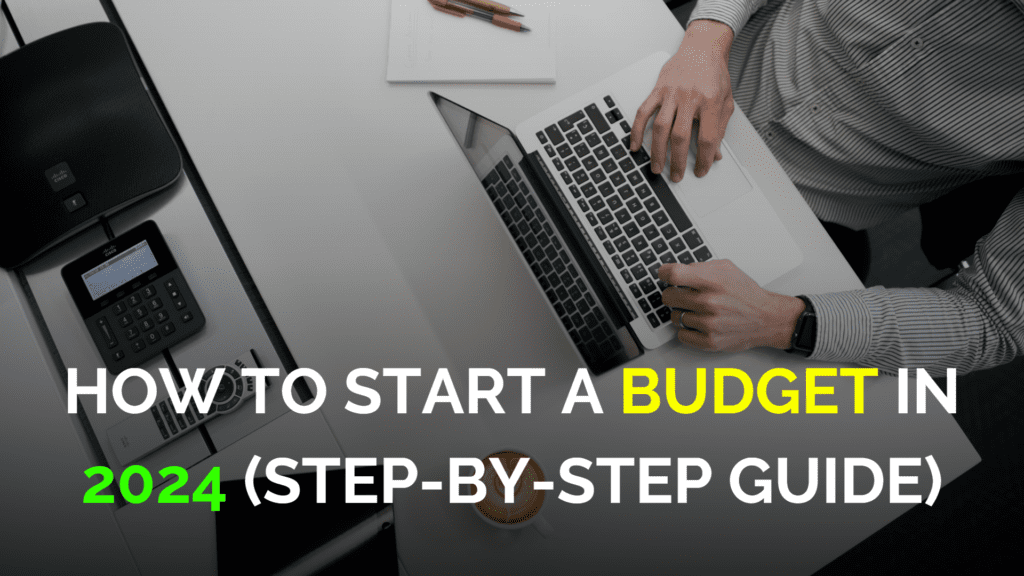
Repaying federal student loan can be a daunting task, especially if you are a recent graduate, unemployed, or facing other financial challenges. However, there are a number of things you can do to prepare for your loan repayments and make them more manageable.
1. Understand your loans
To understand your federal student loans, you need to know the following:
- The type of loan: There are different types of federal student loans, such as Stafford loans, Perkins loans, and PLUS loans. Each type of loan has different terms and conditions, so it is important to know which type(s) of loans you have.
- The interest rate: The interest rate is the percentage of the loan amount that you will pay in interest over the life of the loan. The interest rate on federal student loans is typically fixed, but it can change from year to year.
- The repayment plan: The repayment plan is the schedule for repaying your loan. There are a variety of federal student loan repayment plans available, so it is important to choose one that is right for your financial situation.
- The monthly payment amount: The monthly payment amount is the amount of money you will need to pay each month to repay your loan. The monthly payment amount will vary depending on the type of loan, the interest rate, and the repayment plan.
You can find information about your federal student loans on your National Student Loan Data System (NSLDS) account. The NSLDS is a central database that contains information on all federal student loans. To create an NSLDS account, you will need to provide your name, Social Security number, and date of birth.
2. Create a budget
Once you understand your federal student loans, you can create a budget to help you manage your repayments. A budget is a plan for your income and expenses. It can help you track where your money is going and make sure that you are spending less than you earn.
To create a budget, you will need to track your income and expenses for a month or two. This will help you get a good understanding of your spending habits. Once you have tracked your income and expenses, you can start to create a budget.
When creating your budget, be sure to include a line item for your federal student loan payments. It is also a good idea to include a line item for savings. This will help you save money to pay off your loans faster and to cover unexpected expenses.
3. Choose a repayment plan
There are a variety of federal student loan repayment plans available, so it is important to choose one that is right for your financial situation. Some popular repayment plans include:
- Standard Repayment Plan: Under the Standard Repayment Plan, you will make equal monthly payments for 10 years.
- Graduated Repayment Plan: Under the Graduated Repayment Plan, your monthly payments will start out low and gradually increase over time.
- Income-Driven Repayment (IDR) plans: IDR plans base your monthly payments on your income and family size. This can make your payments more affordable if you have a low income.
To choose a repayment plan, you can use the Federal Student Aid Repayment Estimator. The Repayment Estimator will show you how much you will pay each month under different repayment plans.
4. Make extra payments
If you can afford to, making extra payments on your federal student loans can help you pay them off faster and save money on interest. Even small extra payments can make a big difference over time.
To make extra payments on your federal student loans, you can contact your loan servicer. Your loan servicer is the company that you make your loan payments to. You can also make extra payments online through your loan servicer’s website.
5. Consider consolidating your loans
If you have multiple federal student loans, you may be able to consolidate them into a single loan with a single monthly payment. This can make it easier to manage your repayments and may also qualify you for a lower interest rate.
To consolidate your federal student loans, you can apply through the Federal Student Aid website. You will need to provide information about your loans, such as the loan type, interest rate, and balance.
Read More: Student Loan Forgiveness for Recent Graduates: Your Step-by-Step Guide
Tips for recent graduates
If you are a recent graduate, there are a few additional things you can do to prepare for your federal student loan repayment:
- Start making payments early. Even if you are only able to make small payments, starting early can help you pay off your loans faster and save money on interest.
- Consider deferment or forbearance. If you are unemployed or facing other financial hardship, you may be eligible for deferment or forbearance. This can allow you to temporarily postpone or reduce your loan payments.
- Apply for federal student loan forgiveness programs. There are a number of federal student loan forgiveness programs available, such as Public Service Loan Forgiveness and Teacher Loan Forgiveness. If you qualify for one of these programs, your loans may be forgiven after a certain number of years of repayment.
Tips for unemployed borrowers
If you are unemployed, there are a few things you can do to manage your federal student loan repayments:
- Apply for unemployment deferment. If you are unemployed, you may be eligible for unemployment deferment. This allows you to temporarily postpone your loan payments for up to three years.
- Consider forbearance. If you are unable to make your loan payments due to financial hardship, you may be eligible for forbearance. This allows you to temporarily postpone or reduce your loan payments.
- Apply for income-driven repayment plans. Income-driven repayment plans base your monthly payments on your income and family size. This can make your payments more affordable if you are unemployed or have a low income.
Tips for borrowers facing other financial challenges
If you are facing other financial challenges, such as high debt or medical bills, there are a few things you can do to manage your federal student loan repayments:
- Consider forbearance. If you are unable to make your loan payments due to financial hardship, you may be eligible for forbearance. This allows you to temporarily postpone or reduce your loan payments.
- Apply for income-driven repayment plans. Income-driven repayment plans base your monthly payments on your income and family size. This can make your payments more affordable if you are facing financial challenges.
- Contact your loan servicer. If you are struggling to make your loan payments, contact your loan servicer. They may be able to help you find a repayment option that works for you.
Additional tips
- Get organized. Keeping track of your federal student loans can be a challenge, especially if you have multiple loans. One way to stay organized is to create a spreadsheet or binder with information about each loan, such as the loan type, interest rate, repayment plan, and monthly payment amount.
- Set up reminders. It is easy to forget about your loan payments, especially if you are busy with work or school. Set up reminders on your calendar or phone so that you never miss a payment.
- Automate your payments. If possible, set up automatic payments from your checking account to your loan servicer. This will ensure that your payments are made on time each month, even if you forget.
- Consider refinancing your loans. If you have good credit, you may be able to refinance your federal student loans at a lower interest rate. This can save you money on interest over the life of your loan.
- Talk to a financial advisor. If you are struggling to manage your federal student loan repayments, consider talking to a financial advisor. They can help you create a budget and find a repayment plan that works for you.
Here are some additional resources that may be helpful:
- Federal Student Aid: https://studentaid.gov/
- National Foundation for Credit Counseling: https://www.nfcc.org/
- Consumer Financial Protection Bureau: https://www.consumerfinance.gov/
- U.S. Department of Housing and Urban Development: https://www.hud.gov/
Conclusion
Repaying federal student loans can be a challenge, but it is important to remember that you are not alone. There are a number of resources available to help you manage your repayments and make them more affordable. By following the tips above, you can prepare for your loan repayments and set yourself up for financial success.








